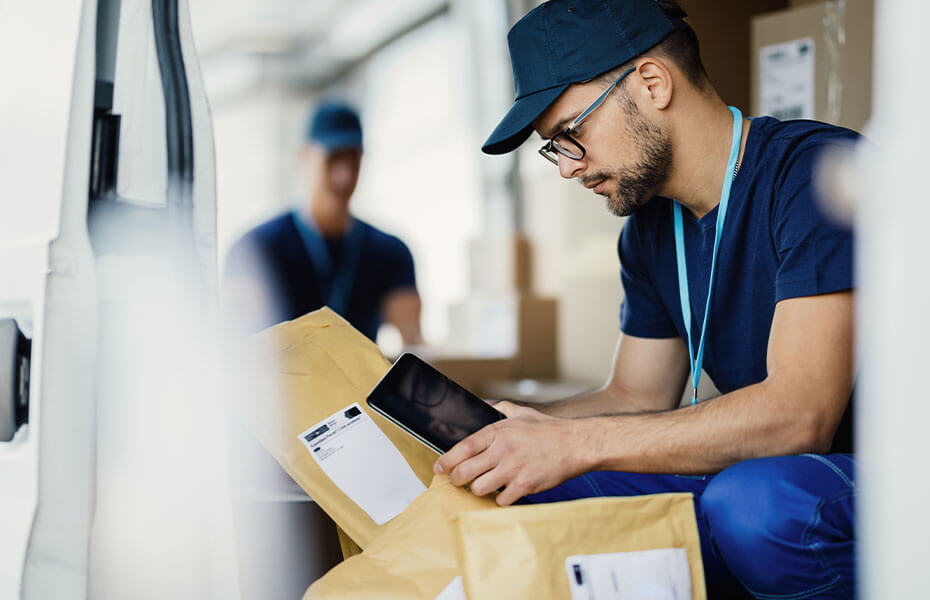The landscape of logistics is undergoing a transformative evolution, spurred by the relentless pursuit of efficiency, sustainability, and customer satisfaction. In this era of rapid technological advancements, innovative delivery solutions are emerging as the catalysts reshaping the future of logistics. One of the pivotal advancements driving this change is the integration of artificial intelligence AI and machine learning algorithms into the logistics ecosystem. These technologies empower companies to optimize route planning, predict demand patterns, and enhance overall supply chain visibility. AI-driven predictive analytics not only streamline operations but also mitigate risks, ensuring a more resilient and responsive logistics network. Furthermore, the deployment of autonomous vehicles is revolutionizing last-mile delivery, a critical component of the supply chain. Self-driving trucks and drones are gradually becoming a reality, promising quicker and more cost-effective deliveries while reducing the environmental impact associated with traditional transportation methods.

The incorporation of these autonomous solutions not only expedites delivery times but also opens up new avenues for reaching remote or challenging-to-access locations. Companies are investing heavily in research and development to overcome regulatory challenges and ensure the seamless integration of autonomous technologies into the logistics infrastructure. In addition to AI and autonomous vehicles, the Internet of Things IoT is playing a pivotal role in enhancing visibility and traceability across the entire supply chain. IoT-enabled sensors provide real-time data on the condition, location, and status of goods in transit. This data-driven approach not only minimizes the risk of loss or damage but also enables proactive decision-making to optimize routes and reduce delays. The seamless connectivity facilitated by IoT promotes a more responsive and adaptive logistics network, ensuring that companies can meet the dynamic demands of today’s fast-paced market. Sustainability is another driving force behind innovative delivery solutions. With a growing emphasis on eco-friendly practices, logistics companies are exploring alternative fuels, electric vehicles, and renewable energy sources to power their fleets.
Green logistics not only aligns with corporate social responsibility goals but also addresses the increasing concerns about environmental impact. Moreover, advancements in packaging technology, such as biodegradable materials and reusable packaging, contribute to reducing the carbon footprint associated with logistics operations. The rise of e-commerce has further accelerated the demand for innovative parcel delivery solutions. Consumers now expect seamless, fast, and reliable delivery experiences. To meet these expectations, companies are exploring unconventional methods such as delivery robots and drones for urban areas, ensuring that packages can be delivered with precision and speed. These technologies not only enhance the efficiency of the delivery process but also provide a competitive edge in the dynamic e-commerce landscape. In conclusion, innovative delivery solutions are at the forefront of transforming the logistics industry, shaping it into a more efficient, sustainable, and customer-centric ecosystem. The convergence of AI, autonomous vehicles, IoT, and sustainable practices is paving the way for a logistics landscape that is not only technologically advanced but also environmentally conscious.


